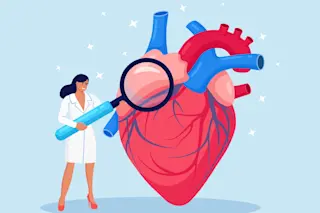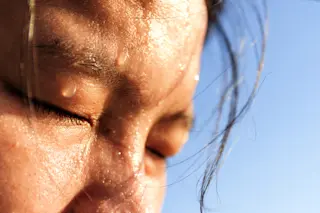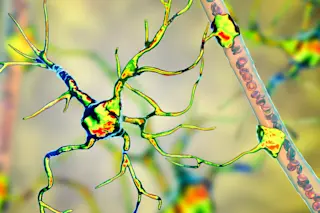The heart is perhaps the body’s most resilient organ and, along with the brain, its most essential. The female heart, which weighs about eight ounces, beats 100,000 times a day (2.5 billion times in a lifetime), pumping blood with roughly the force needed to squeeze a tennis ball. That’s enough blood in an 80-year lifetime to fill 100 Olympic-sized swimming pools.
To sustain this breakneck pace, the heart feeds greedily on its own blood supply, consuming about 5 percent of the body’s oxygen while making up about .5 percent of its mass. On a per-weight basis, the heart has the greatest energy requirements of any human organ.
“The heart blows the brain away,” says Gary Lopaschuk, a professor at the Cardiovascular Research Centre at the University of Alberta. “The heart is probably the most aerobic organ you have.”
The heart’s sole purpose is to contract, sending blood down 60,000 miles ...














